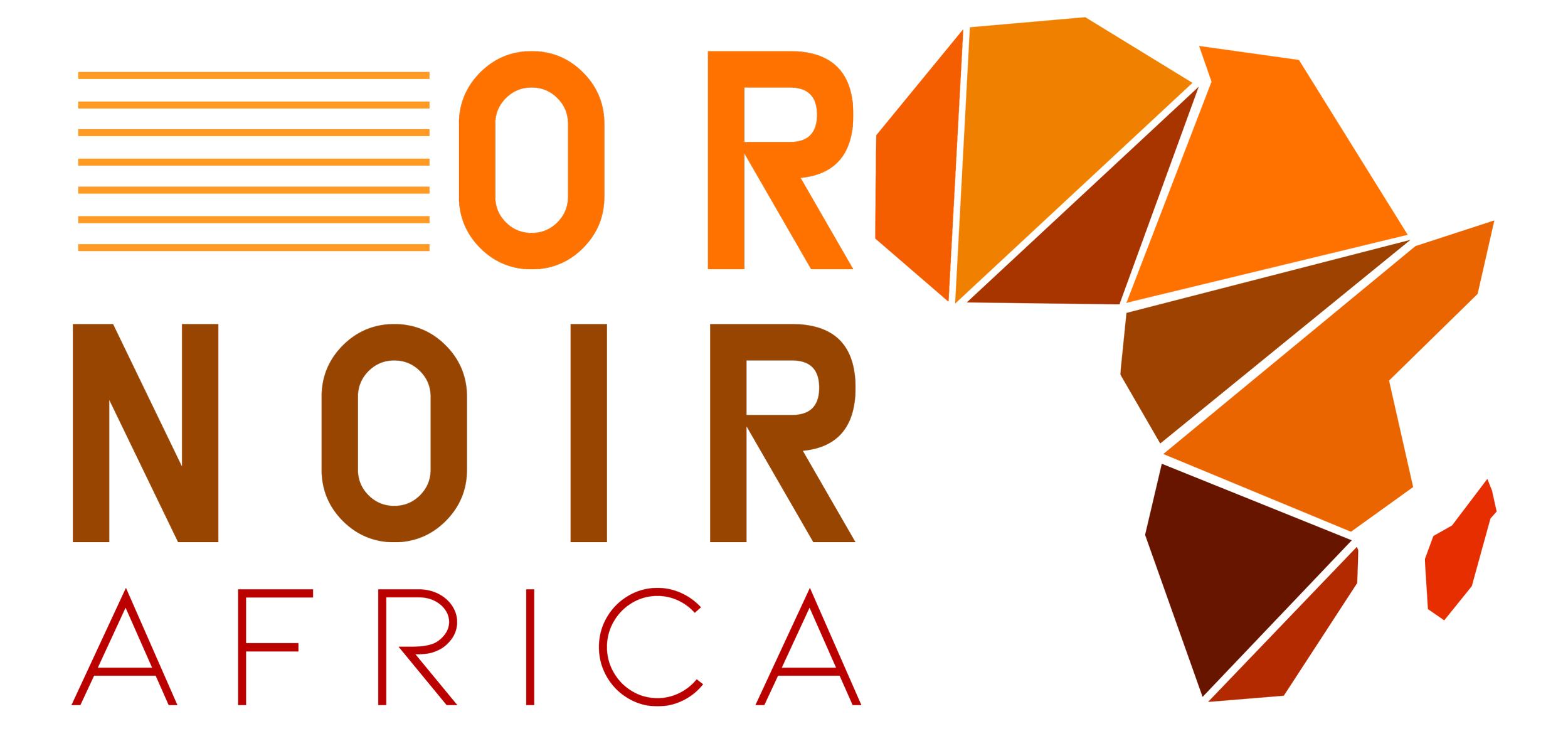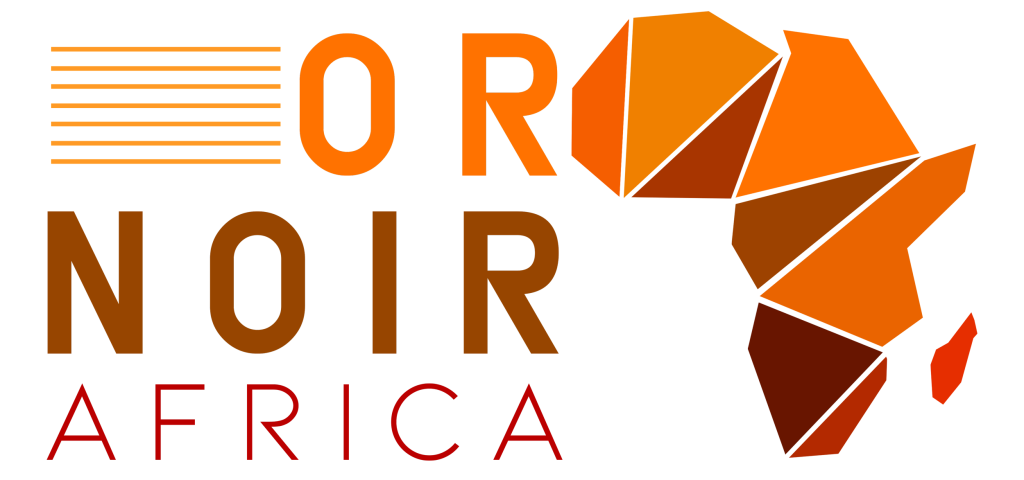Alors que le premier projet d’exportation de gaz du Sénégal touche à sa fin, la recherche d’acheteurs de gaz et d’investisseurs pour les futures phases de développement est en cours.
Les réserves de gaz du pays, dont les exportations devraient commencer dans les deux prochaines années, font désormais l’objet d’un vif intérêt de la part des dirigeants européens désespérés de trouver des alternatives au gaz russe après l’invasion de l’Ukraine par la Russie en février 2022.
Lorsque le chancelier allemand Olaf Scholz s’est rendu au Sénégal en mai, il a déclaré que la sécurisation de l’approvisionnement en GNL du pays était « une question qui mérite d’être poursuivie de manière intensive ». Le Royaume-Uni est déjà fortement impliqué dans le secteur offshore, où BP est l’opérateur des projets d’exportation de gaz. Le commissaire européen à l’énergie s’est rendu à Dakar plus tôt dans l’année.
Le président polonais Andrzej Duda s’est rendu au Sénégal et chez d’autres producteurs africains d’hydrocarbures, le Nigeria et la Côte d’Ivoire, début septembre, pour discuter de la crise énergétique, entre autres sujets – le terminal d’importation de gaz naturel liquéfié (GNL) polonais a déjà reçu sa première cargaison de GNL nigérian et souhaite pour assurer l’approvisionnement futur.
Sall, pour sa part, a mis en avant l’Europe en tant que destination pour le GNL, notant que la position du Sénégal à l’extrémité ouest de l’Afrique le met à quelques jours seulement du temps d’expédition des marchés européens, tout en suggérant également qu’il y aurait de la concurrence des acheteurs asiatiques.
La stratégie de Macky Sall porte ses fruits
Ce vif intérêt met en évidence la perspicacité de la décision du Président Sall de donner la priorité aux développements d’exportation d’hydrocarbures offshore plus faciles à financer et plus rapides à construire plutôt que des projets à grande échelle plus coûteux avec plus d’installations à terre et plus de gaz à un stade précoce destiné au marché intérieur.
En acceptant des accords qui maintiennent les coûts et les risques opérationnels et financiers initiaux à des niveaux jugés acceptables pour les compagnies pétrolières internationales (COI), le Sénégal est désormais sur la bonne voie pour devenir un exportateur de gaz d’ici 2023, avec une production suffisante pour desservir les marchés étrangers et nationaux pendant décennies si la demande se maintient.
Ce serait à peine huit ans après la découverte de réserves commerciales de gaz dans les eaux sénégalaises – un revirement rapide dans le contexte des projets d’hydrocarbures africains. La norme sur le continent est des années de retards dans les projets en raison de désaccords financiers et d’incertitudes politiques, en particulier dans des États comme le Sénégal sans antécédents de production de pétrole et de gaz.
L’histoire de stabilité politique et économique du Sénégal et de bonnes relations internationales ainsi que les antécédents de Sall en tant qu’ingénieur géologue avec une expérience pratique de l’industrie des hydrocarbures ont tous joué leur rôle dans l’ouverture de la voie au développement du gaz.
Première production de gaz prévue en 2023
Les premières exportations du Sénégal proviendront des réserves situées à cheval sur la frontière maritime avec la Mauritanie en eau profonde. Ceux-ci sont développés pour le compte des deux pays par BP et son partenaire Kosmos Energy dans le cadre du projet Greater Tortue Ahmeyin (GTA), fruit d’une coopération réussie entre deux pays voisins politiquement, culturellement et économiquement distincts.
Pour la phase 1 du projet, BP utilise une installation flottante de production de GNL de 2,5 millions de tonnes/an, qui est alimentée par pipeline à partir d’un navire flottant de production, de stockage et de déchargement (FPSO) au-dessus du champ. La majeure partie de cette production ira à l’exportation. Le champ a un potentiel de production de gaz estimé à environ 15 000 milliards de pieds cubes, soit suffisamment pour au moins 30 ans de production, selon BP.
Malgré les retards de construction liés à Covid pour le FPSO, qui est construit par Cosco en Chine sous contrat avec Technip, la première production est toujours attendue d’ici fin 2023.
Une décision d’investissement finale sur le développement de la phase 2 du projet est attendue avant la fin de 2022. Le concept n’a pas encore été finalisé, mais il pourrait s’agir d’un autre projet de GNL flottant (FLNG) de taille similaire.
Le Sénégal a également une autre découverte commerciale plus au sud, entièrement dans ses propres eaux, appelée Yakaar-Teranga, qui est également développée par BP et Kosmos. On estime que cette découverte contient environ 20 billions de pieds cubes de gaz.
C’est avec Yakaar-Teranga que la relance économique du Sénégal au-delà de l’impact des revenus d’exportation se fera sentir. Le président Sall a déclaré qu’environ la moitié de la production du développement irait au marché intérieur comme matière première pour les centrales électriques, les usines d’engrais et d’ammoniac et d’autres industries, le reste étant destiné à l’exportation.
Une décision finale d’investissement pour Yakaar-Teranga est également attendue dans les prochains mois avec une production possible d’ici 2024, utilisant potentiellement une configuration similaire de navire FPSO et FLNG tel que déployé à GTA, avec l’ajout d’un gazoduc à terre pour desservir le marché intérieur. clients.
Outre les développements gaziers, le Sénégal est également appelé à devenir un producteur de pétrole. L’australien Woodside devrait démarrer la production en 2023 à partir d’un FPSO de 100 000 barils/jour sur le champ de Sangomar, à 100 km au large de la capitale Dakar. Une deuxième phase de ce projet, qui devrait être de taille similaire et coûter environ 2,5 milliards de dollars, est prévue, bien qu’aucun calendrier de développement n’ait encore été publié.
Défis futurs
Alors que les perspectives à court terme pour les exportations d’hydrocarbures sont positives, en raison de l’impact de la guerre d’Ukraine sur l’offre mondiale, le risque demeure que les réserves fraîchement découvertes au Sénégal et ailleurs ne soient pas exploitées à leur plein potentiel si la demande mondiale de combustibles fossiles tombe dans les 10 à 20 prochaines années.
Macky Sall, qui est l’actuel président de l’Union africaine dans le cadre d’un système de rotation, est l’un des nombreux dirigeants africains appelant à ce que le gaz naturel soit considéré comme un carburant de transition légitime pour les nations africaines .
Malgré les progrès des projets d’hydrocarbures au Sénégal et un marché mondial de l’énergie dynamique pour les producteurs, cela n’a pas été simple pour Macky Sall à la maison. Le gouvernement a été critiqué par des organisations non gouvernementales internationales et des partis d’opposition pour son manque de transparence dans la rédaction de certains contrats pétroliers et gaziers avec des entreprises étrangères dans le passé.
La coalition au pouvoir est moins populaire dans les urnes qu’elle ne l’était, ne remportant qu’une courte victoire aux élections législatives d’août 2022, dans un contexte d’adversité économique pour de nombreux Sénégalais en raison de l’impact de la pandémie de Covid et des prix élevés du carburant, ainsi que accusations selon lesquelles les politiciens de l’opposition sont muselés.
On craint également que le Président Sall n’ait pas encore exclu de se présenter pour la troisième fois aux élections présidentielles de 2024, malgré une limite de deux mandats en vertu de la constitution actuelle. Cependant, le risque de perdre, compte tenu de la force électorale croissante de l’opposition, pourrait encore le dissuader, selon les analystes régionaux.
Mais quel que soit le président après les prochaines élections, il devrait avoir accès aux premiers revenus pétroliers et gaziers du pays pour renforcer les opportunités de croissance économique.


